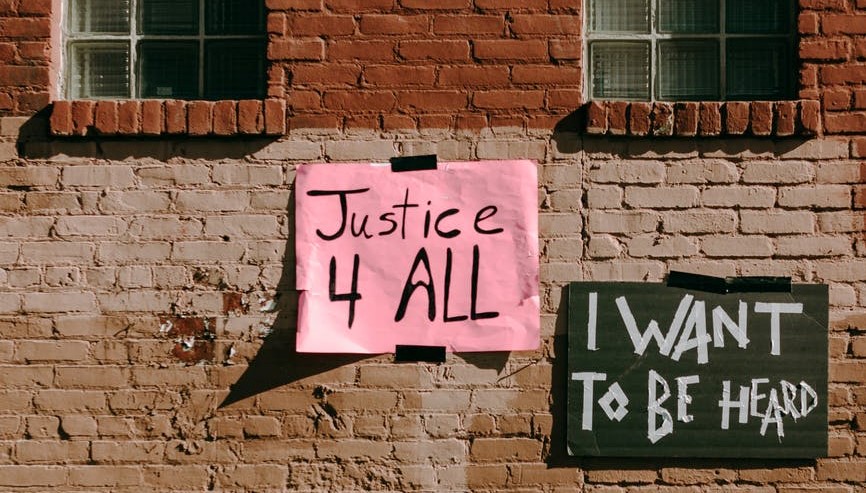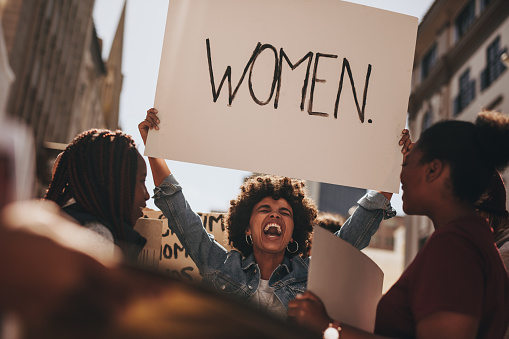
*I’d like to preface this by saying that this opinion is my own and I don’t claim to speak for anyone besides myself. Generalizations will be made for the sake of argument. *
As a Latina woman, the phrase “Real women don’t look like that” has always peeved me in some way. It’s often something said by white feminists regarding media which is using a very thin, curvy, and busty woman at its forefront. To understand my disdain, we must first understand white feminism/liberal feminist.
White feminism centers white women in conversations regarding the ways in which women are marginalized. Also, it’s a movement that aims to work within the current systems such as capitalism, instead of challenging them. The result is that women of color are often excluded, either intentionally or unintentionally, and their experiences and perspectives are not looked at to inform these conversations. This creates a movement completely lacking in intersectionality. This is no surprise, even during the suffrage movement, many of the feminists marching, protesting, and fighting for the rights of “all” women, exhibited racist behaviors or were known racists. With the stage set, you get things like the phrase, “Real women don’t look like that.” There are 3 sins this phrase commits.
As a woman of color who grew up around women of color, I can tell you that it’s not uncommon to see black and Latina women who are naturally thin, busty, and curvy. First sin is that the phrase excludes women of color from the classification of “real women”. Second, it antagonizes women who do encompass that beauty standard, making them somehow complicit in the cruel treatment toward women who are not part of the beauty standard, i.e., “real women.” Finally, it’s a phrase that seeks to change the beauty standard to fit the “majority” or to include those who are not seen as conventionally attractive, rather than to dismantle the overall beauty standard (which, in my opinion, is what we should be working toward.)

This is part of a trend that has to do with the way white women are socialized in American culture. We’ve all heard that we should be pushing girls to “break the glass ceiling”, what we don’t hear is that no matter how many “girl bosses”, or women CEOs, or women who walk shoulder to shoulder with powerful men, women will not be elevated as a group due to the elevation of other individuals. White people have never had to face the reality of racial discrimination, so they do not truly understand the lengths to which white supremacy is built into every system we operate in. White women exist at the intersection of white and woman. They experience all the privilege that comes with being white and the marginalization that comes with being a woman. But because are both white and women, there are ways in which their womanhood and whiteness interact which creates a variety of unique experiences which women of color do not experience. Such as the power of “white woman tears”, or the power that comes with proximity to white men.
White feminists tend to view liberation from the patriarchy as replacing the oppressor or wielding the power of the oppressor, while women of color see it as eliminating the power of the oppressor. That is the key difference. White feminists aim to change the beauty standard, and feminists of color aim to eliminate it. There is no such thing as “real women”, only women. White women, women of color, trans women, all women.
“As long as I have identified as a feminist it has been clear to me that any feminism that privileges those that already have privilege is bound to be irrelevant to poor women, working-class women, women of color, trans women, trans women of color.”-Angela Davis

























